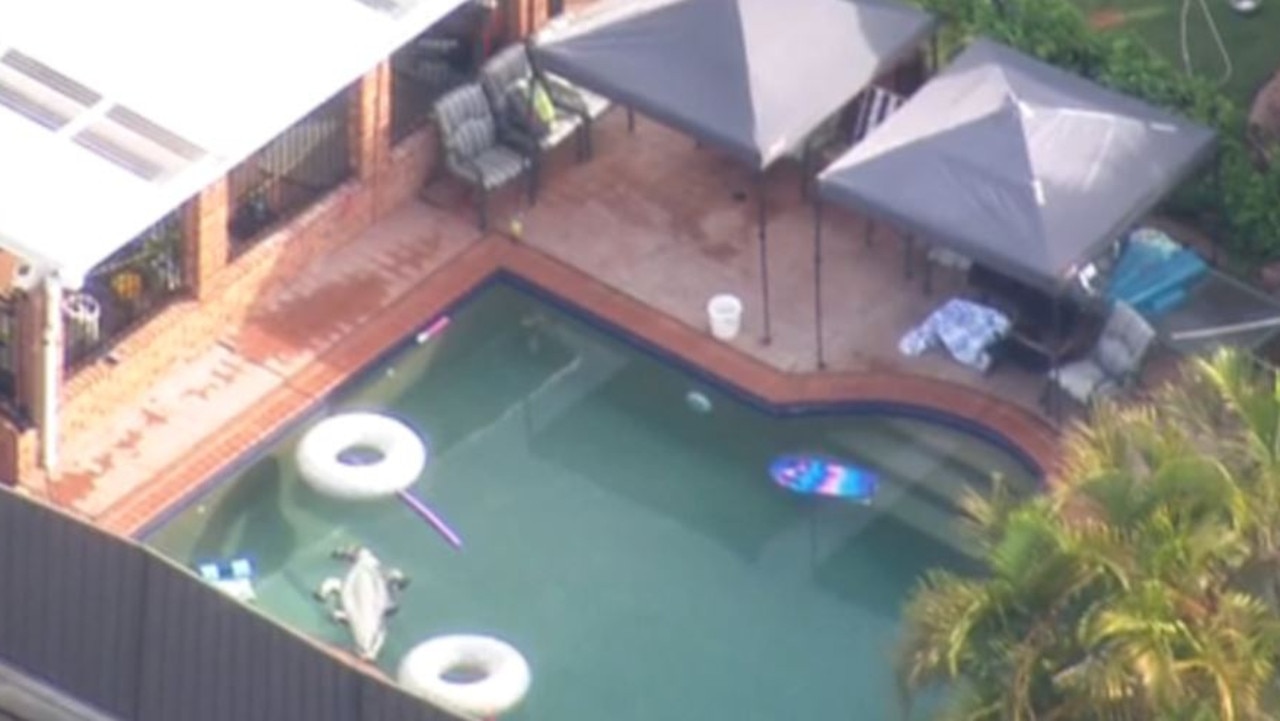How to help children become aware, and interested, in where food comes from
Food doesn’t grow in supermarkets. It isn’t always farmed by old men on tractors, either. These are just some of the misconceptions that farmers and others are working to reverse.
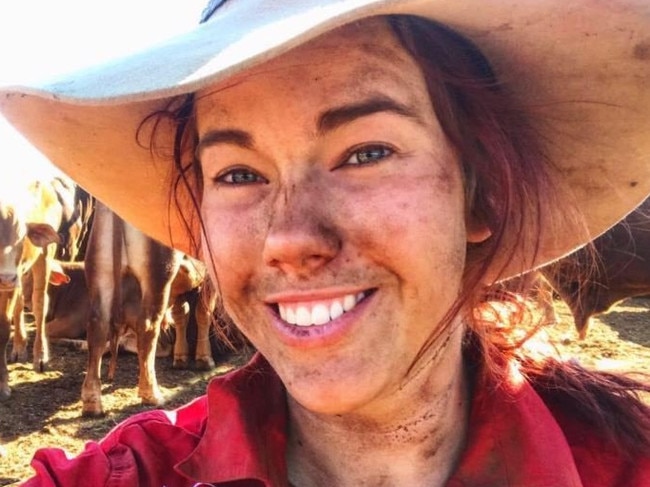
Home
Don't miss out on the headlines from Home. Followed categories will be added to My News.
Food doesn’t grow in supermarkets. It isn’t always farmed by old men on tractors, either. These are some of the misconceptions that arise from a disconnect between farm and plate, and are among those that the agriculture industry is working to reverse.
With Australia currently facing supply chain issues, it’s prime time to recognise that food isn’t on tap all the time, says Primary Industries Education Foundation Australia (PIEFA) CEO Luciano Mesiti.
“Hopefully (shortages) have helped people understand that there are very complex and important systems involved in providing food through supermarkets,” he says.
With deeper knowledge about food comes a greater respect for it, an awareness of food waste and an appreciation for fresh, seasonal produce, according to Mesiti.
Shining a spotlight on agriculture also helps secure a pipeline of talent to the essential industry.
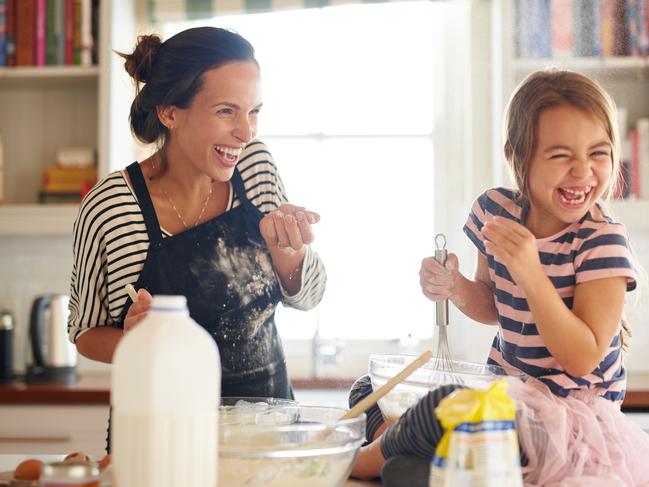
“There’s a stereotype about what agriculture is – the idea of an old man on a tractor,” Mesiti says. “It’s one of the most technologically advanced sectors we have in Australia. It’s not all about the farmer. All those steps that go on after a product has left the farm gate are just as important.”
Third-generation Victorian apple and pear farmer, Rocky Varapodio, agrees. “It is an exciting industry,” he says. “There are really good opportunities for young people, particularly the way technology is coming in, from the production line to packaging, sales and marketing.”
Want to help your children understand that food doesn’t grow on supermarket shelves? Here are some ways to get started.
Follow a farmer
Ditch the dance videos, and give a farmer some air time on your TikTok feed. Victorian crop and beef farmer Peter Vallance has amassed over 750,000 followers through his handle @malleeboy3490, sharing humorous videos of his mischievous alpaca Patrick, his harvests and herds.
Western Australian farmhand Zoe Carter is another popular pick, posting snippets of daily life on a cattle station, and information on careers in agriculture via @zoecarter_aus.
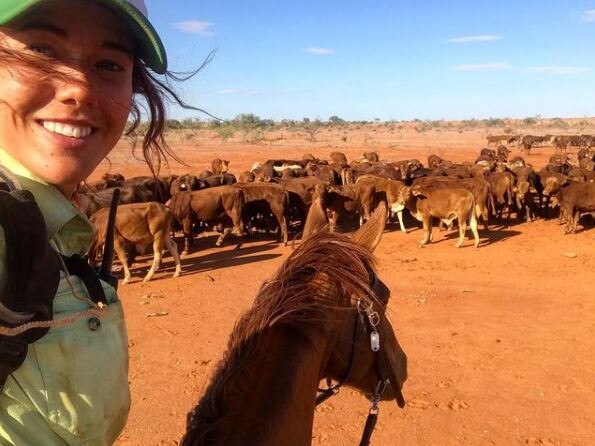
Grow and cook
Whether you go all out on a backyard veggie patch and chicken coop, or simply plant some herbs in a balcony pot, cooking with homegrown produce gives children a hands-on understanding of food production, the care that’s involved, and the raw ingredients that go into their favourite recipes. “It all goes together in creating a system of knowledge about plants, learning how to nurture and get the best out of them,” Mesiti says. Paring a home garden with composting, or a worm farm, helps to complete the picture.
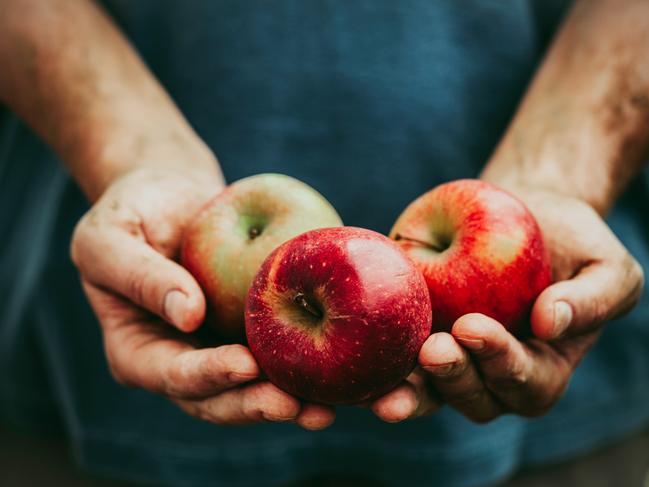
Talk about it
In a survey of Australian children, PIEFA found that 32 per cent thought pasta was made from something other than a plant product, among other food misconceptions. Striking up conversations about the origins of food in the kitchen, and at the supermarket, can highlight the paddock-to-plate process.
“Talk about the raw products behind the foods you eat, such as how wheat gets turned into flour, and the things that are in season,” Mesiti says.

See for yourself
Fruit picking day trips and farm stay holidays can foster an interest in agriculture, while regular visits to a farmer’s market offer a lesson in seasonality. “If you have teenagers, you might encourage them to think about doing work experience on a farm, or with a business involved in the supply chain,” Mesiti suggests.
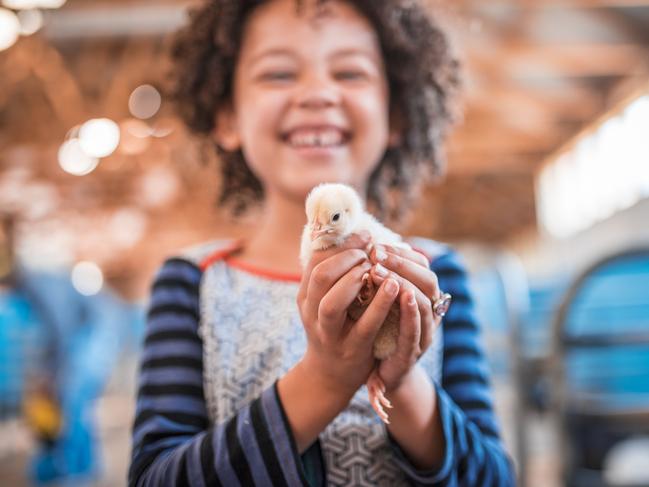
A perfect pear
From new fruit varieties, to crop innovations, exciting developments are happening on farms across Australia.
One to savour is the Honey Belle, an extra sweet and crunchy pear, set to hit supermarket shelves this year. The fruit is being grown at Pomona Valley orchards, in Victoria’s Goulburn Valley, which took advantage of the Coles $50 million Nurture Fund to acquire the new variety.
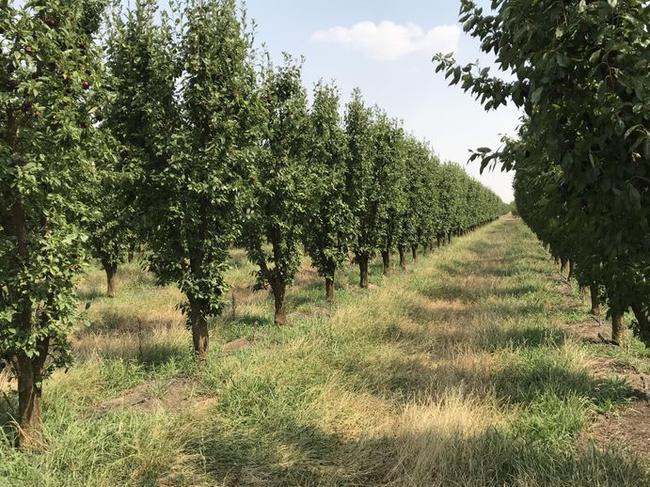
Small-to-medium producers can apply for a grant through the fund, which has helped to create Australia’s first quinoa processing facility, fence posts made from recycled plastic, and a factory where grass can be grown indoors.
The Nurture Fund is accepting its 10th round of applications until February 25, for grants of up to $500,000.
To apply, visit coles.com.au/nurturefund



